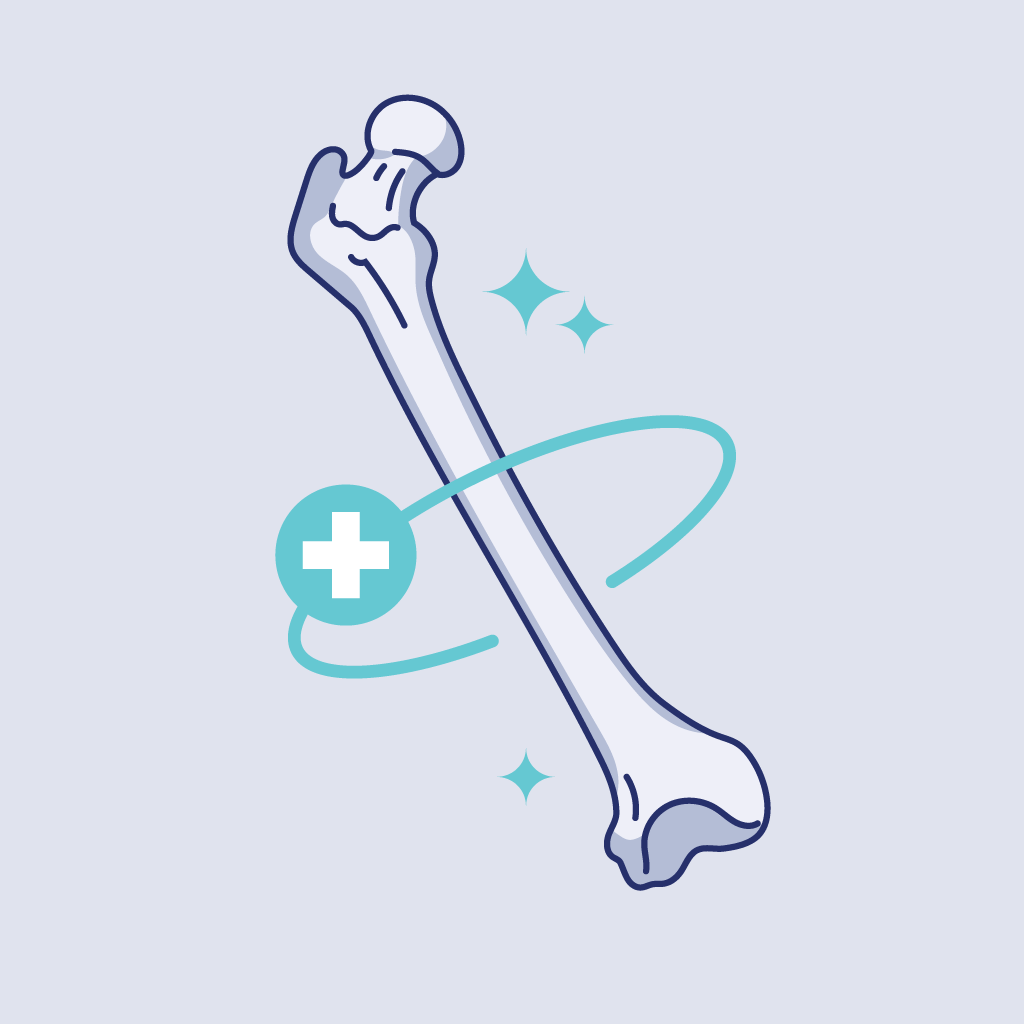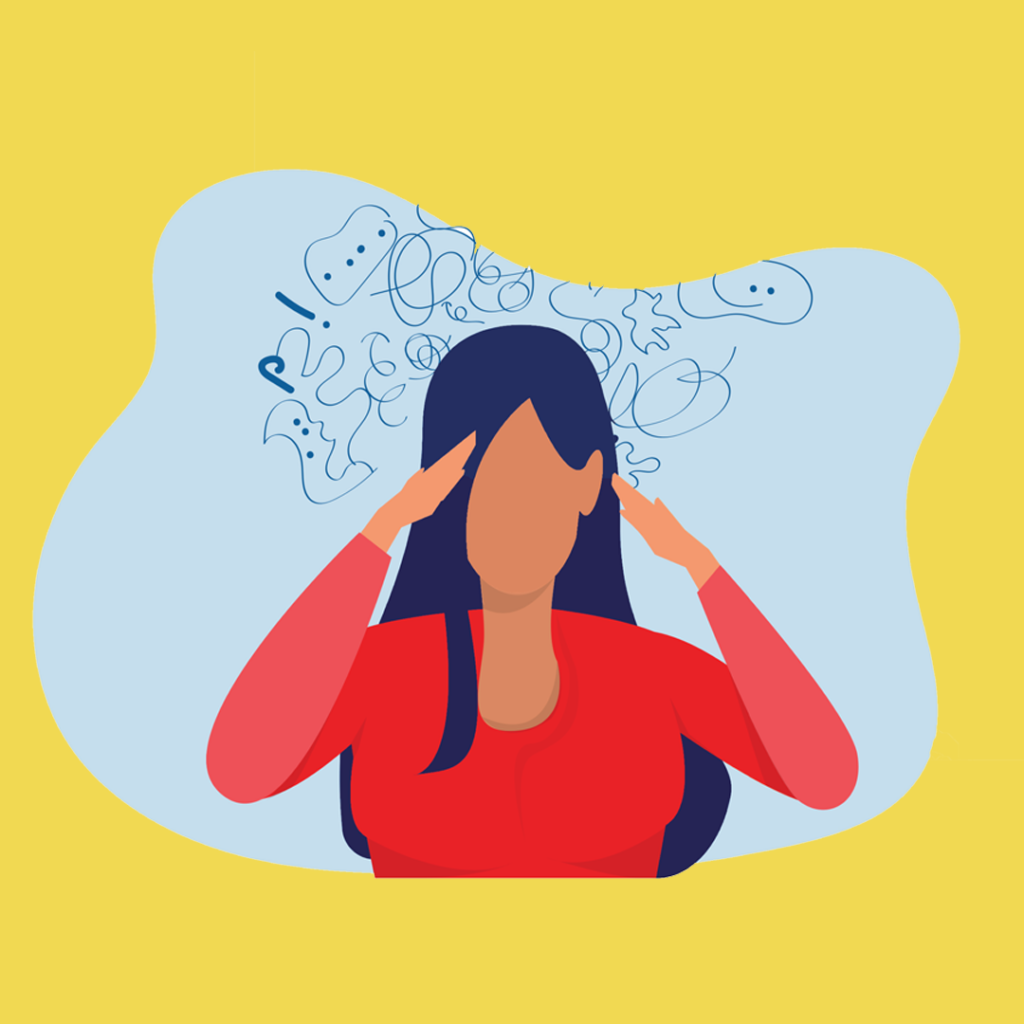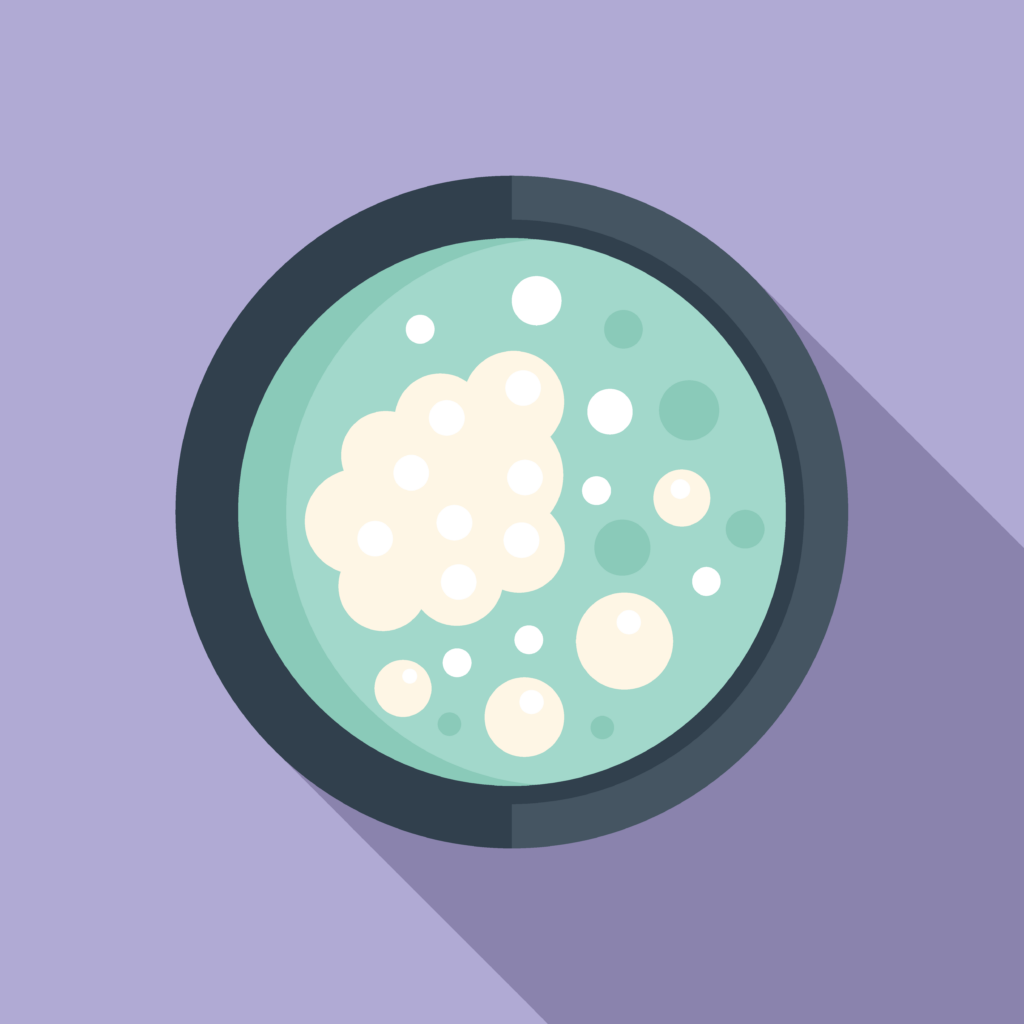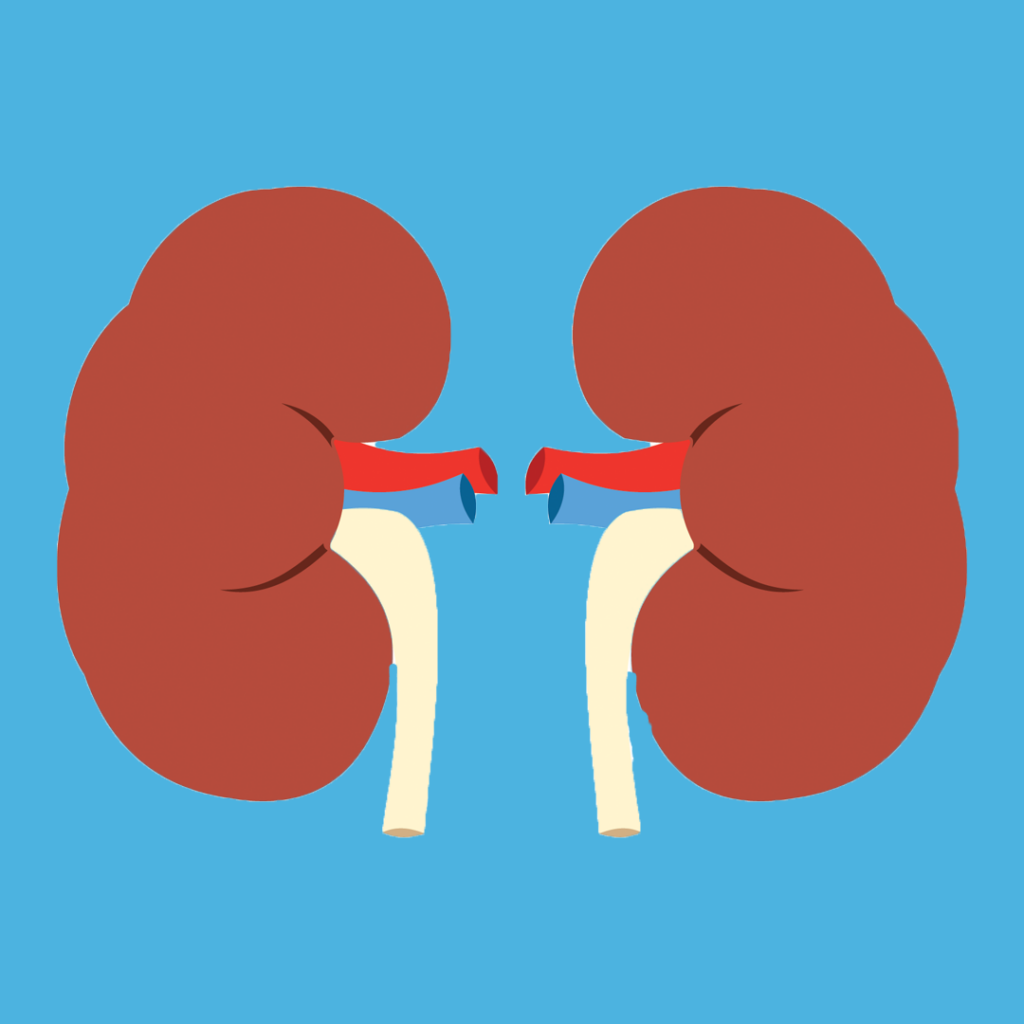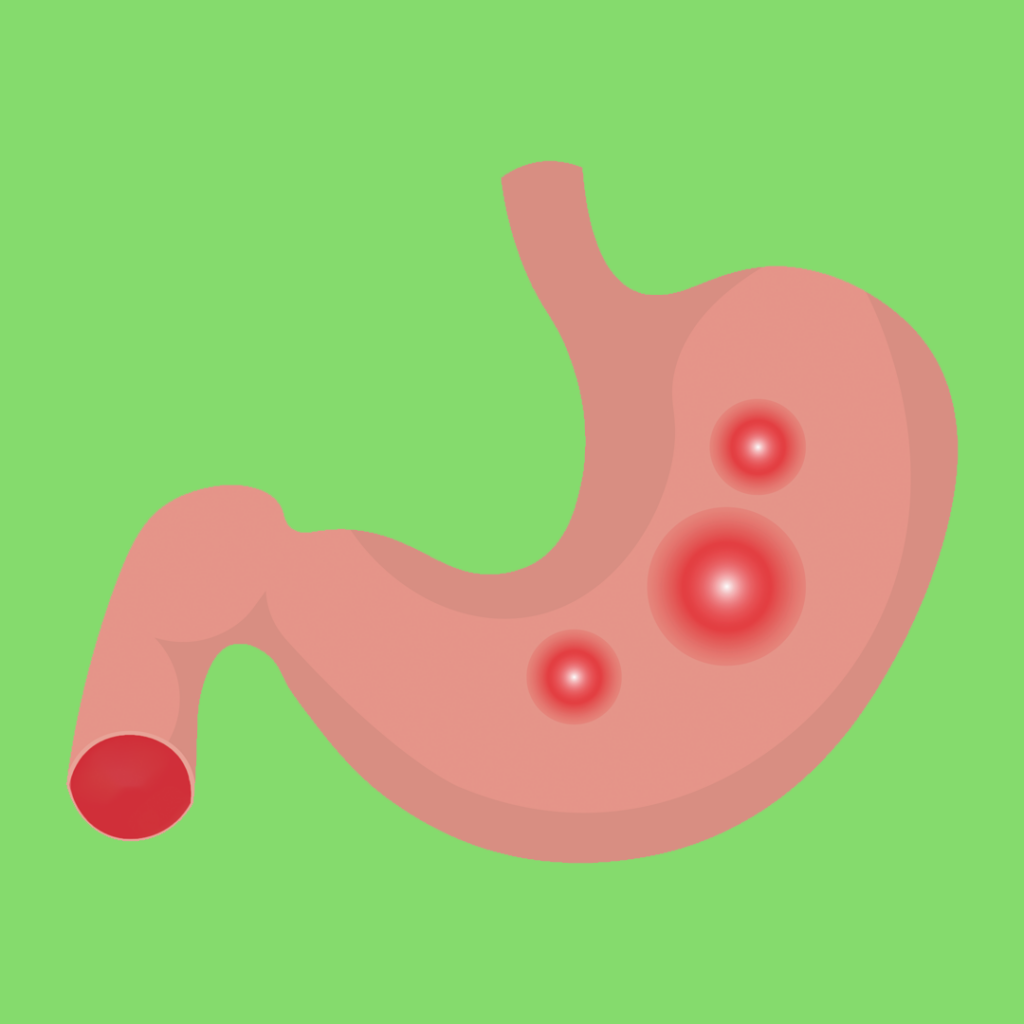Zinc for athletes

Whether you work out to stay fit, lose weight or feel good, exercise has many benefits and it's important to fuel your body to optimize training. That includes having a diet sufficient in minerals. Zinc in particular plays an important role in protein utilization, metabolism, thyroid function and immunity, which are all aspects that affect athletic performance.
Why are trace minerals important for athletes?
Proper nutrition is essential for athletic performance. The trace minerals that athletes should pay attention to include iron, copper, zinc, selenium, chromium and vanadium. Many athletes may not consume sufficient quantities of these trace minerals to counteract losses in exercise-induced sweat and urine, which can lead to inadequate intake.
Zinc acts as a component of over 300 enzymes, including those involved in energy production and muscle development. Zinc levels can be affected by exercise related stress, and by the excretion of zinc through sweat and urine. Good sources of zinc include meat, fish, poultry and oysters.
Exercise augments oxygen consumption, which increases unwanted free radicals. Increased free radicals can be rendered harmless by glutathione, a powerful antioxidant, which requires selenium as a cofactor. Food sources of selenium include liver, seafood, organ meats, cereals, Brazil nuts and grains.
Chromium is another trace mineral that's important for athletes, as it potentiates effects of insulin to stimulate glucose, amino acid and triglyceride uptake into cells. Food sources include Brewer's yeast, prunes, nuts, asparagus, mushrooms and whole grains. Along with the mineral vanadium, they increase muscle mass by facilitating amino acid uptake.
Iron is vital for energy metabolism and is required in the oxygen-delivering haemoglobin molecule. This mineral makes up the most common nutritional deficiency in the world, and is prevalent among female athletes. Immunity, cognition and exercise capacity are greatly impacted with deficiency. Iron can be found in many plant and animal-based foods, including red meat, turkey, shellfish, legumes and pumpkin seeds.
Oxidative stress and antioxidant nutrients
During exercise, oxygen uptake increases, thereby increasing free radicals. Oxidative damage can be reduced with antioxidants. Some examples of antioxidants include vitamins A, C, E, coenzyme Q10, carotenoids, flavonoids and polyphenols. Zinc deficiency also helps reduce oxidative stress, as this mineral plays an important role in neutralizing free radicals.
Oxidative stress may lead to inflammation, but inflammation itself may also provoke free radical formation. Oxidative stress is responsible for the development of many inflammatory diseases, including diabetes, rheumatoid arthritis and atherosclerosis. This occurs when the body has insufficient antioxidants to remove free radicals.
Chronic inflammation can damage DNA, which means that controlling inflammation is necessary to support athletic performance. Short-term inflammation is beneficial in fighting pathogens, but long-term inflammation can be harmful to tissues. Zinc helps to modulate inflammatory responses as it's involved in modulating the pro-inflammatory response by targeting NF-KB, the master of controlling pro-inflammatory responses. Zinc is also involved in regulating inflammatory cytokines, thereby controlling oxidative stress.
What role does zinc play in building muscle?
Sufficient zinc as part of a well-rounded diet contributes to muscle development through its roles in protein synthesis, DNA synthesis and cell division. It's also required to regenerate muscle tissue. Zinc combined with an exercise regimen increases muscle growth. And, the more muscle you have, the more efficient your metabolism is, and the more fat you will burn. Therefore, a balanced nutrition and exercise regimen can support weight loss and help build muscle.
Zinc also affects metabolism through its involvement with thyroid hormones. Along with other trace elements such as copper and selenium, zinc is required to make T3, the active form of thyroid hormone. T3 is required for a healthy resting metabolic rate, and a deficiency in thyroid hormones can affect weight and energy production. The thyroid is essential for regulating the body's use and storage of energy. A zinc deficiency can impact metabolism, energy and muscle building potential.
Should athletes take supplements?
Although supplements can enhance performance, athletes don't necessarily need to take them – diet should be addressed first. A healthy diet consists of high-quality proteins such as lean meats, fish, beans, legumes and whole grains to ensure sufficient amino acids for lean mass maintenance and growth. Along with fresh fruits and vegetables that are diverse in vitamins and minerals, a diet with a variety of whole foods provides a strong foundation for athletes.
Under the recommendation of your healthcare practitioner, supplementation can be beneficial, especially in cases of deficiency. On the other hand, there are negative impacts with excess supplementation, which can lead to toxicity. With zinc supplementation, it must be noted that high doses can result in copper deficiency. Supplementation requirements are unique, and should be personalized to each individual.

